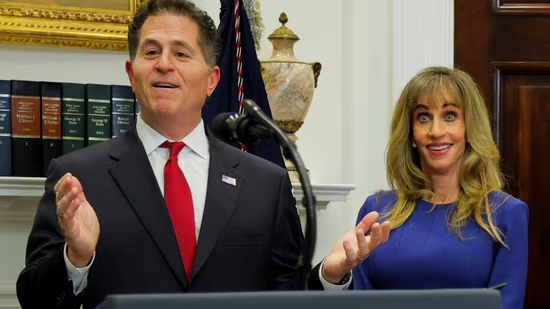New survey shows growing fears among top economists
- Alexangel Ventura

- Aug 26, 2025
- 2 min read
A new survey released this month shows a general trend of growing fear among many of the nation's top economists ahead of a barrage of economic/financial data and uncertainty regarding the future.

The August 2025 National Association of Business Economics (NABE) Survey showed a growing level of concern among 159 economists, particularly as inflation begins to grip the economy. In fiscal policy, 60% of economists surveyed now view fiscal policy as "too stimulative," a seven-year high in the poll's history and an increase from the 50% recorded on the March survey. Only about 19%, a record low for the survey, believed that it is "about right."
As for fiscal goals, 43% of economists favored reducing the deficit and debt reduction while 40% prioritized long-term economic growth. Specifically for the first response, popular avenues discussed by the economists in the survey included spurring growth, raising tax revenues, and reducing entitlement spending.
As for interest rates, which for a time was uncertain but after Jerome Powell's Jackson Hole speech last week, now seems fairly certain to receive a 25 basis point cut in September. A majority of respondents - 58% - believe the same way, that a rate cut will happen at the September 16-17, 2025, FOMC meeting with top Fed officials. A plurality but not majority of respondents - 47% - believed that the federal funds target range will have an upper end of 4.0% by the end of 2025, a 0.5% decrease from the current interest rate.
Inflation proved to be a one-dimensional issue, with 56% of respondents not believing that inflation measured by the Personal Consumption Expenditures Price Index (PCE) Report will not reach the Fed's 2.0% target before 2025, an increase from 45% in March.

However, the most concerning datapoint in the survey is recession odds, with a whopping 35% of economists believing that a recession will begin in 2027 or later, up dramatically from the 25% in March.
Other surprising results in the survey include a vast majority of respondents (88%) believing that tariffs will either "moderately" or "significantly" slow economic growth, and 66% believing that the U.S. should increase the number of legal immigrants.
While June and July's endless streak of strong labor and earnings reports initially seemed like the economy would stay strong, a weak July PPI report diminished this confidence as led investors to fear like they did at the high of "Liberation Day" tariff drama in April. Many of these top economists blame tariffs as they begin provoking price increases across various industries.
Trump just implemented 50% tariffs on India and Brazil, not only as measures of "bringing jobs back," but also as a diplomatic negotiation tool to improve American interests globally, including India ceasing its oil trade with Russia. However, President Trump cited Jair Bolsonaro as a factor in the Brazilian tariff.
So as tariffs linger as an inflationary threat, more experts are losing faith in the vitality of the U.S. economy.









